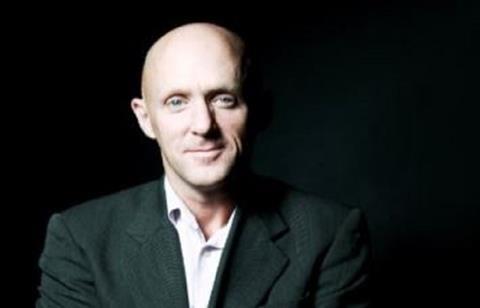
Any employee death is a tragedy, affecting everyone around that person. When the cause of death is established as suicide, when someone takes their own life, this can cause grave emotional injury to anyone attached to that individual. With that injury comes vulnerability. Vulnerability for both employees and employers.
There are strong evidence-based outcomes achieved and positively supported through including mental health first aid in employee assistance programmes (EAPs), counselling services, resilience training and wellbeing initiatives, all of which promote safer, healthy workplaces, increased staff retention and productivity. However, when it comes to suicide prevention as employers, even talking about this subject, let alone working to prevent it, seems such an insurmountable task.
After someone dies by suicide, employers might say: ‘there were no signs’, ‘we had no idea’, ‘if only we had known’. But, how could an employer know anything if they had never included suicide education, training and now qualification within their employee benefits and workforce development programmes?
Not everyone having thoughts of suicide will be standing on a bridge; some will be sitting in a performance review, a sickness absence interview or a one-to-one meeting.
Since 2012, there has been a regulated qualification in suicide prevention, provided by the National Centre for Suicide Prevention Education and Training UK. This is a quality mark of competency for employees and HR, but this also enables employers to obtain recognition of their commitment to staff wellbeing and safety.
The biggest barrier is stigma. Just like it was for mental health first aid 10 years ago, suicide first aid, on the regulated qualification framework, follows the same path.
Cultural change in organisations takes courage, from the thought leaders within. Remember that courage is contagious and creating employee safety starts with a conversation. If the conversation is about suicide or suicide prevention, the evidence tells employers this conversation promotes help-seeking behaviours and life support, for employees, employers and their customers alike.
So, 2019 is another great year for change. Why not start the conversation? Better still, get qualified too. Imagine what another 10 years of growth will achieve?
Nick Barnes is chief executive officer at the National Centre for Suicide Prevention Education and Training CIC
Read more...
Debbie Francis: How can benefits support a suicide prevention campaign?
Gemma Bullivant: How can benefits support a suicide prevention campaign?











